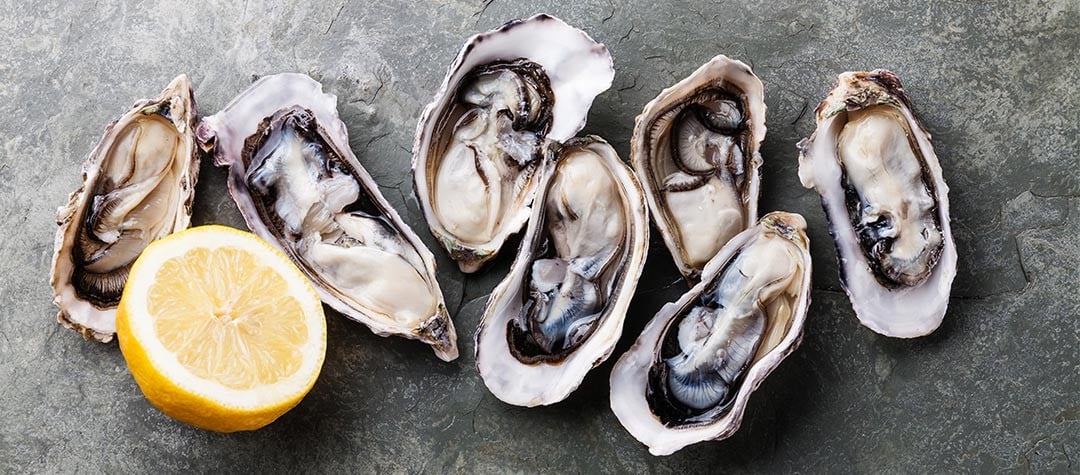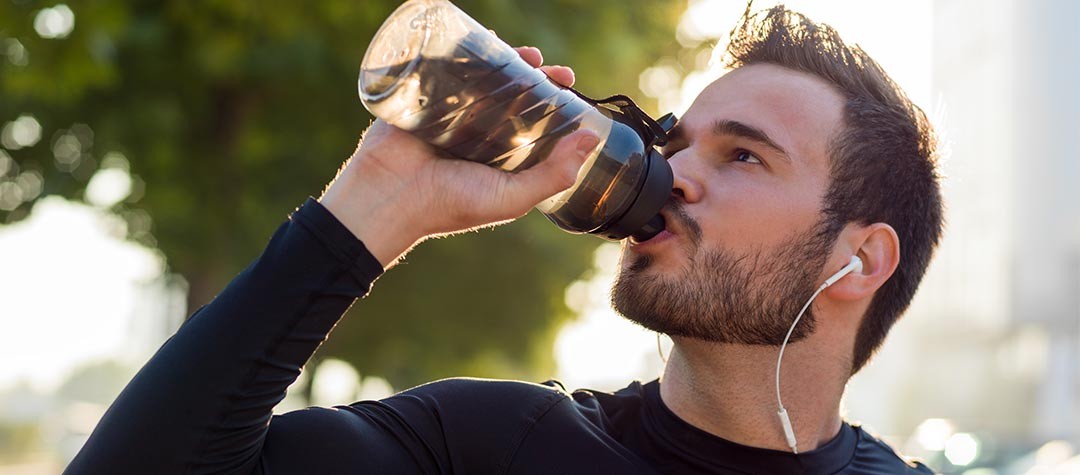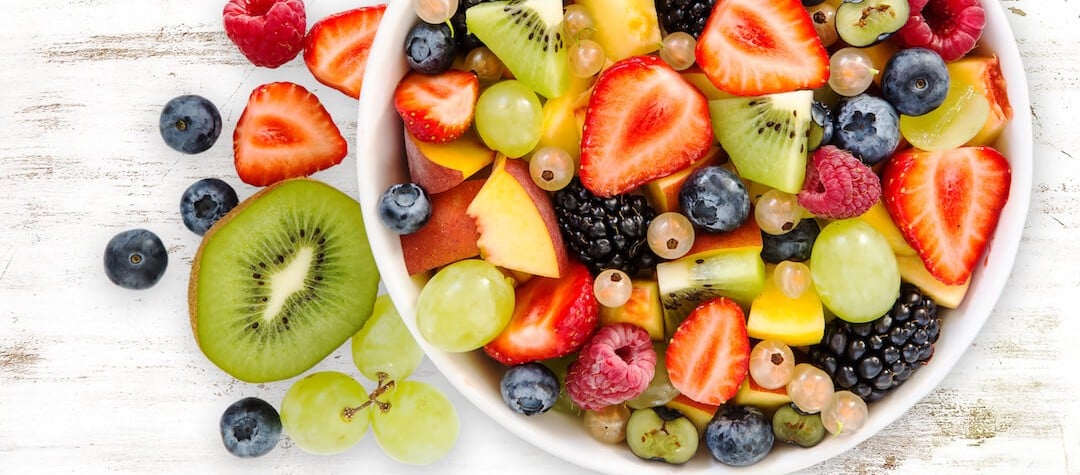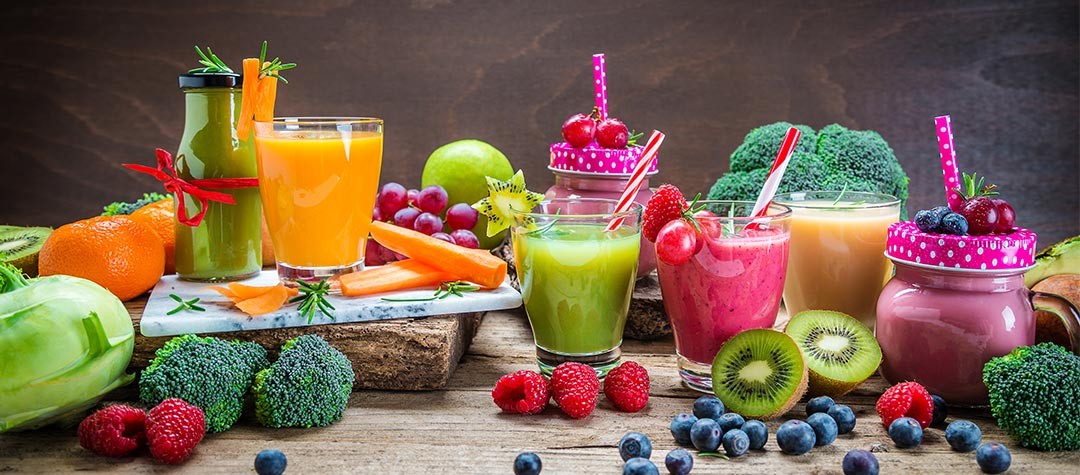A vegan diet excludes entirely all meat and dairy-based products, with the view that it is a healthier option than consuming the saturated fats and animal proteins that come from these foods. But is a vegan diet a healthy one?
It is argued by some that a diet which neglects all forms of meat and dairy products cannot be a healthy one, leaving people lacking in a number of key nutritional areas, including levels of calcium and vitamin B. Advocates though, say that, properly planned, a vegan diet is just as healthy as any pro-meat one. Many vegans also credit the lifestyle with lowering the risk of heart attacks, high cholesterol and some forms of cancer.
There are a growing number of vegans; even a few celebs are known to follow the vegan lifestyle, including Clint Eastwood, Natalie Portman and Tobey Maguire.
So, what health benefits does a vegan diet have to offer; and, if it is so good for you, why aren’t more of us adopting the vegan way of life?
Health benefits of a vegan diet
There are a number of substantial health benefits to excluding meat and dairy products from your diet, as meat-free means lower levels of saturated fat and cholesterol. Also, vegans are more likely to eat greater amounts of fruit and vegetables , meaning that they are, on average, more likely to have a lower BMI and reduced weight than meat-eaters.
Health benefits related to lower risks of some diseases and illnesses have been attributed to vegan diets. Levels of stroke, heart attacks and high cholesterol can be decreased by adhering to strictly vegetarian foods.
Looking to lose weight? A vegan diet can certainly help you do that. Leaving out saturated fats from meats means lower cholesterol and a decreased risk of coronary heart disease. Vegans also tend to eat smaller portions, and naturally that will impact on your weight, and overall health.
Some research has even suggested that vegetarians and vegans have the lowest risk of developing cancer of any dietary group.
An avoidance of many chemicals and pesticides also has significant health benefits, lowering the risk of cancer. Some research has even suggested that vegetarians and vegans have the lowest risk of developing cancer of any dietary group.
All this will not only help you to feel better, but look better also. Having said that though, a vegan diet is no substitute for daily exercise — which should be part of a complete healthy lifestyle.
Health risks of a vegan diet
Adopting a vegan diet, however, can pose some significant dangers to health, particularly with regards to low levels of some vitamins and minerals; in particular:
Calcium
Calcium plays a vital role in the make-up of human bone cartilage. Vegans do not drink milk, and so have to find sources of calcium elsewhere; as a substitute, vegans eat three servings a day of high calcium food, such as fortified soy milk. They also take calcium supplements to top up. However, research suggests that vegans suffer from an increased risk of bone fractures due to their lower calcium intake.
Vitamin B12
Vitamin B12 is key to normal functioning of the brain and nervous system, and low levels of B12 can have serious health consequences. Relying solely on plants for Vitamin B12 is not sufficient, and as such, vegans can be at higher risk of contracting diseases like anemia and neurodegenerative disease. Again, supplements are a means of gaining this vitamin. A vegan diet can also lack in Vitamin D, iodine and omega-3 fatty acids.
Vegan foods and substitutes
So, what exactly do vegans eat instead of any kind of meat or dairy? Well the good news is that there are many vegan substitutes including soy milk, starch-based products instead of eggs, and tofu in place of meat. So, on a typical vegan diet you could be serving up mushroom nut loaf on a Sunday; a vegetable-based equivalent of meat loaf, accompanied by vegetables and gravy. Or maybe shepherd’s pie made with TVP (textured vegetable protein) mince and peanut butter, and of course, plenty of veg... delicious!














